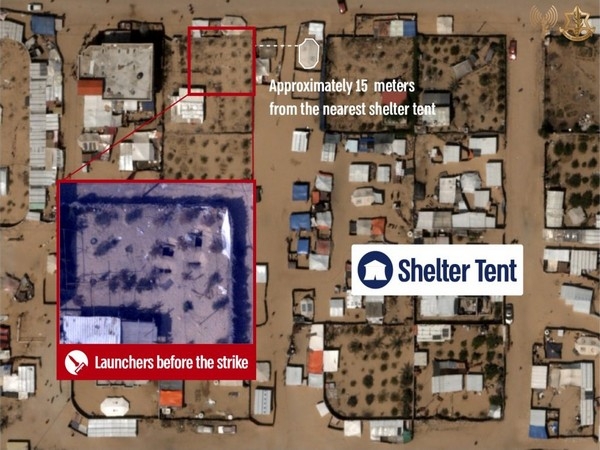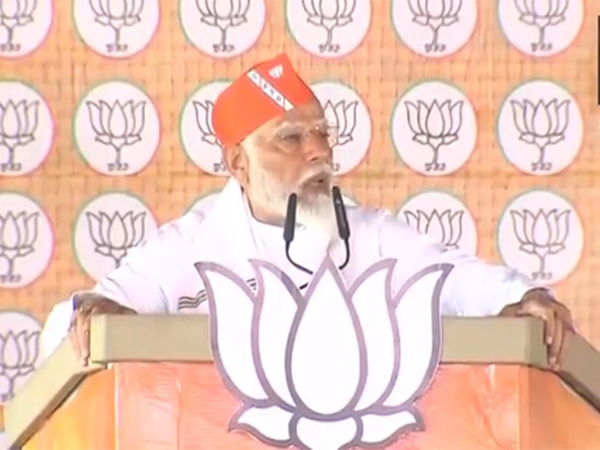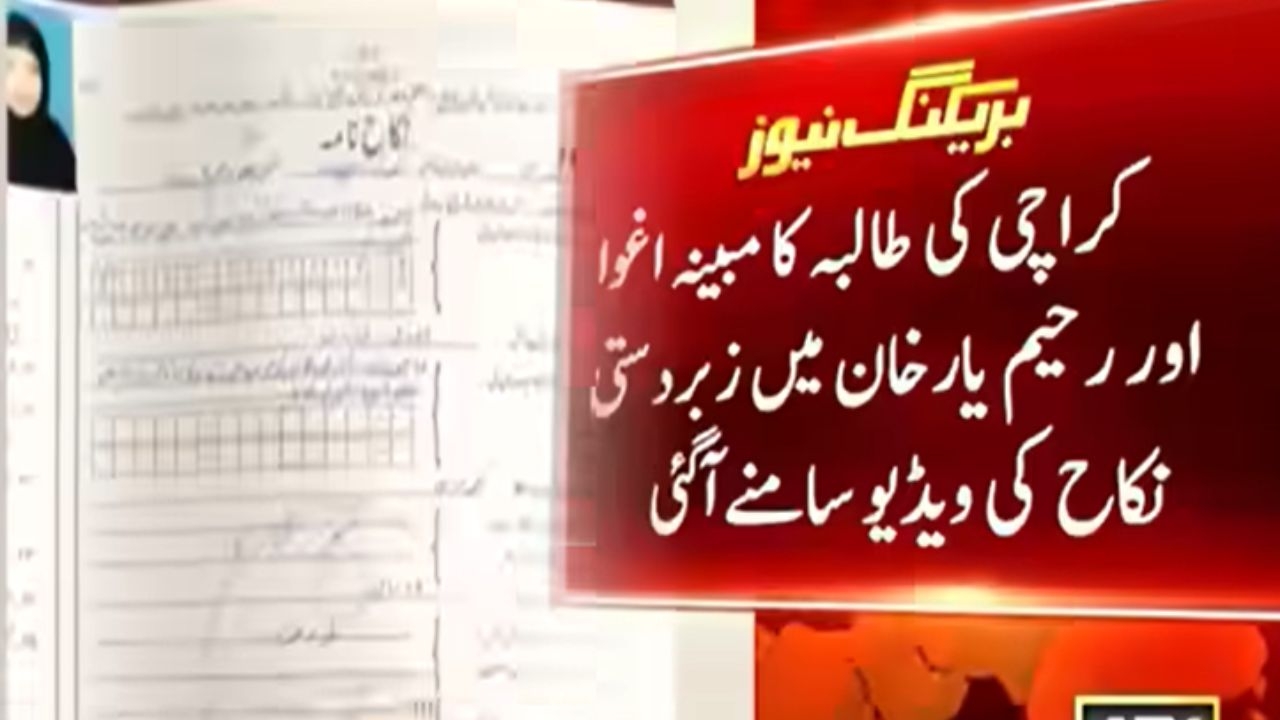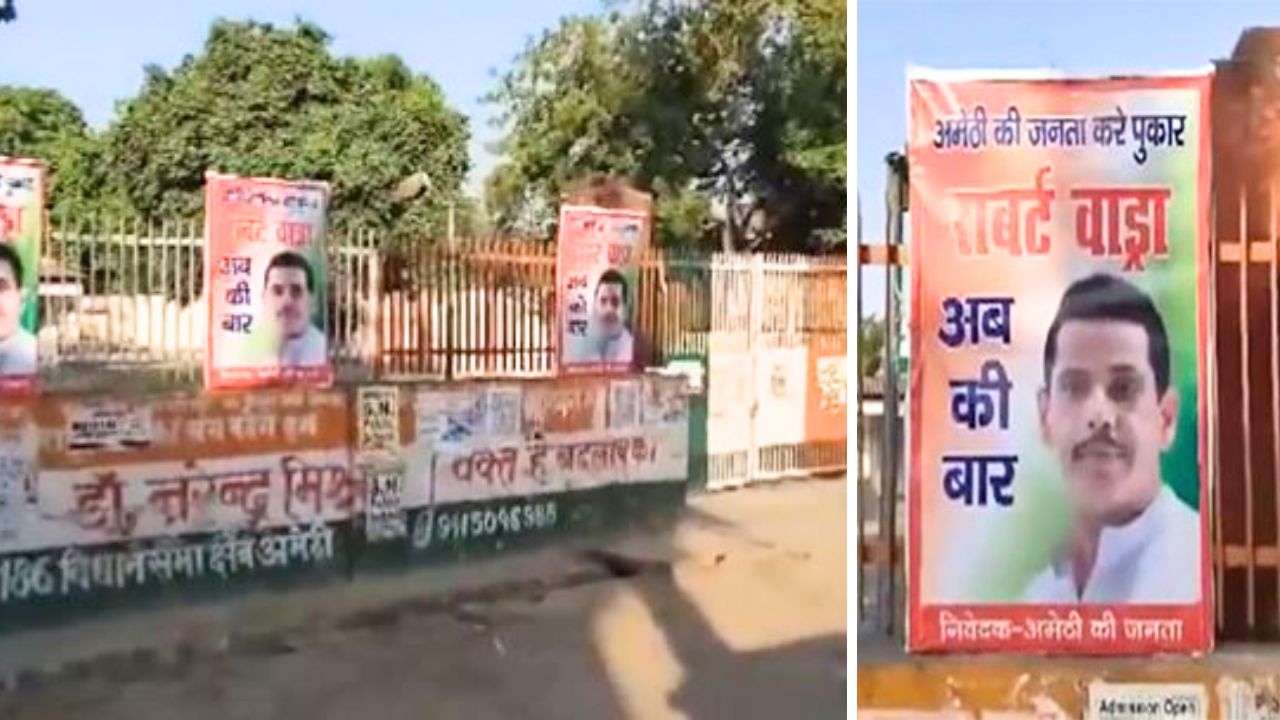Water could be a potent weapon against Pakistan. But will India actually use it?
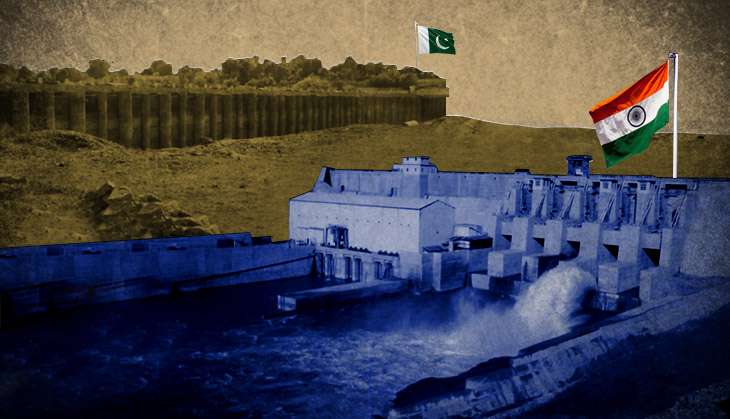
Water is shaping up as a potent weapon in India's arsenal to counter Pakistan-sponsored terror than military action. Prime Minister Narendra Modi Monday made it clear that water and blood could not flow together, in what is being interpreted as a strong message to Pakistan. Talks of the Indus Water Commission have reportedly been suspended "until terrorism ends", for the first time since the Indus Water Treaty was signed in 1960.
An inter-ministerial task force may be formed to review India's rights on the west flowing rivers, including the Indus, Chenab and Jhelum, and India may aggressively start exploiting the full potential of the river systems, something it has not done so far. This strategy, the thinking in the ruling establishment goes, will be enough to unnerve Pakistan, which is massively dependent on the Indus basin.
Also Read: Uri terror attack: what India may do to retaliate
All this will ideally be done without abrogating the Indus treaty, something that is set to invite international backlash since it was brokered by the World Bank. This course of action may still be considered, however, if Pakistan continues to support terrorism regardless.On Monday, Modi was briefed on the finer points of the treaty by senior officials, including Foreign Secretary S Jaishankar, and Water Resources Secretary Shashi Shekhar.
That India could take recourse to eroding Pakistan's access to the waters of the Indus basin, which covers nearly 65% of Pakistan's territory, was first indicated last week when a foreign ministry spokesperson hinted that "for any such treaty to work, it is important that there must be mutual trust and cooperation. It can't be a one-sided affair".
After Modi hinted in his speech at Kozhikode Saturday that India was not contemplating military action against Pakistan, speculation has grown that New Delhi may instead treat the Indus Water Treaty as a weapon.
As Vijay Chauthiwale, the head of the ruling BJP's foreign affairs cell, put it on twitter: "Make haste slowly seems to be the principle of this approach."
Today's meeting, however, reportedly ruled out a review of the treaty and decided on fully utilising its existing provisions, particularly that one that grants India 20% usage rights on the west flowing rivers. This will mean shoring up hydel power generation from these rivers to 18,000 MW. More crucially, India could expedite construction of three dams on the Chenab - Pakul Dul, Sawalkot and Bursar - which will give it control on the flow of water downstream.
India will, thus, be in a position to cause water scarcity at critical times in the neighbouring country without flouting the terms of the treaty, which allows it to tap the hydel power potential of the Chenab and the Jhelum.
Also Read: Will Pakistan really launch a nuclear war if attacked? Strategic experts are divided
India could also look at reviving the Tulbul project, suspended since 1987 following Pakistan's objections. It is a navigation project that envisaged the building of a barrage on the mouth of the Wular lake.Augmenting the hydel power capacity from the Indus system may also send the right signals to the Kashmir valley, where many people have been asking for the Indus treaty to be scrapped.
All this, however, is easier said than done, not least because it is set to invite arbitration. Indeed, in 2011, Pakistan took India to the International Court of Arbitration over the $864 million hydel project on the Kishanganga river in Kashmir, claiming it would damage its own project on the same river, called Neelam downstream. Pakistan lost the case in 2013, but has gone into appeal.
Similarly, the dispute over the Baglihar project in J&K had reached a neutral expert, who ruled in India's favour in 2007.
Also Read: BJP national executive: True to form, Modi's Kozhikode speech was all bluster
First published: 26 September 2016, 8:27 IST
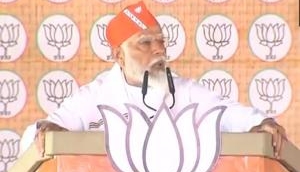
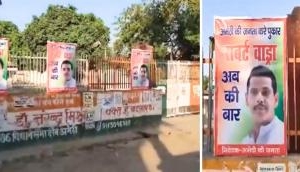
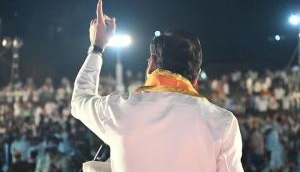
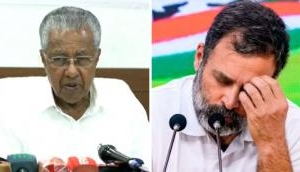
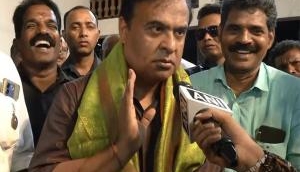
![BJP's Kapil Mishra recreates Shankar Mahadevan’s ‘Breathless’ song to highlight Delhi pollution [WATCH] BJP's Kapil Mishra recreates Shankar Mahadevan’s ‘Breathless’ song to highlight Delhi pollution [WATCH]](http://images.catchnews.com/upload/2022/11/03/kapil-mishra_240884_300x172.png)

![Anupam Kher shares pictures of his toned body on 67th birthday [MUST SEE] Anupam Kher shares pictures of his toned body on 67th birthday [MUST SEE]](http://images.catchnews.com/upload/2022/03/07/Anupam_kher_231145_300x172.jpg)


_251371_1280x720.jpg)
